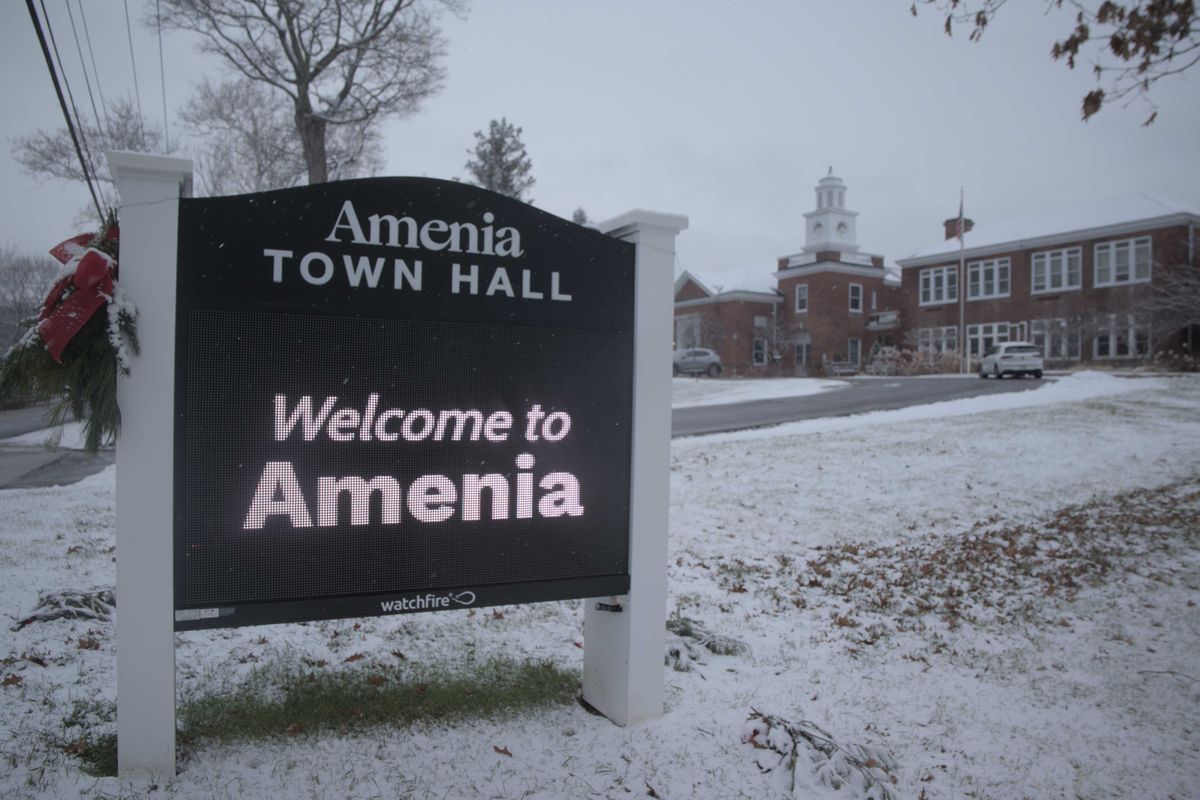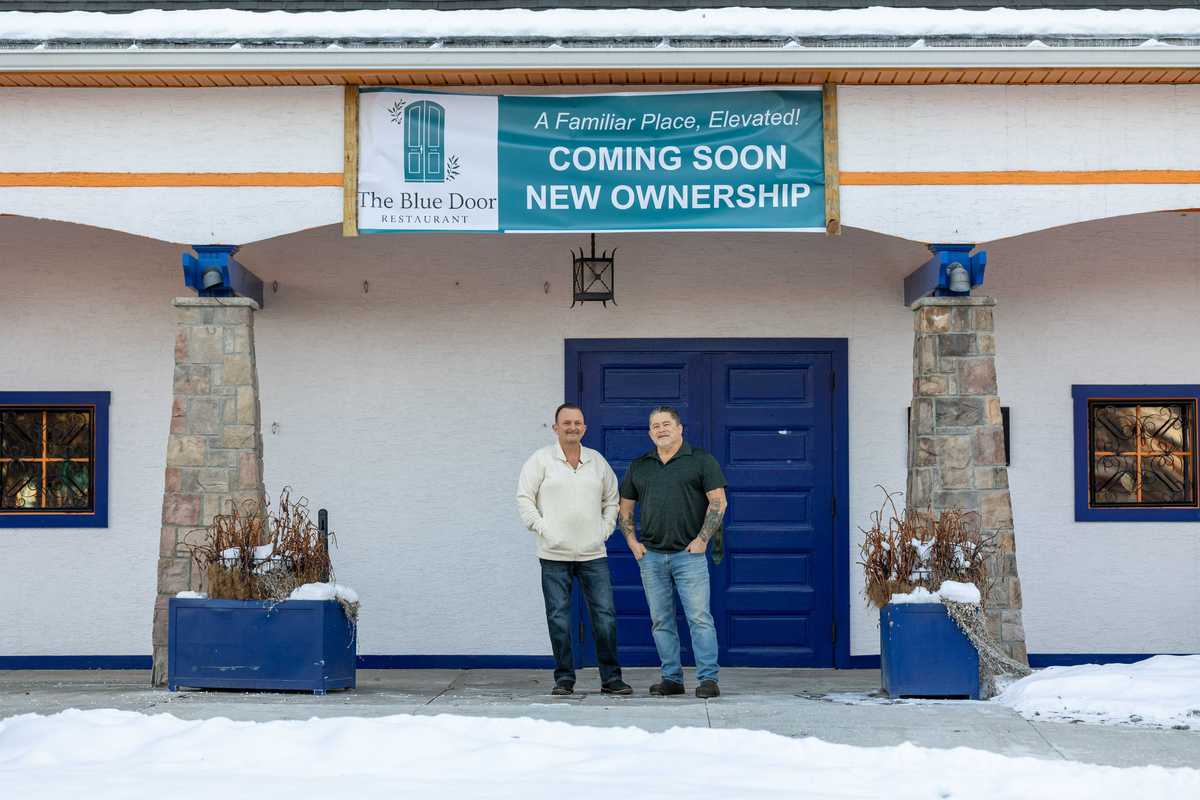State denies closure of Sharon Hospital maternity unit

Lydia Moore, President of Save Sharon Hospital, told her story of recently giving birth at Sharon Hospital at a press conference on Wednesday, Aug. 30. Connecticut Comptroller Sean Scanlon and State Representative Maria Horn (D-64) stood behind her. Photo by Maud Doyle












 Interior of the Linde Center for Music and Learning.Hilary Scott, courtesy of the BSO
Interior of the Linde Center for Music and Learning.Hilary Scott, courtesy of the BSO





